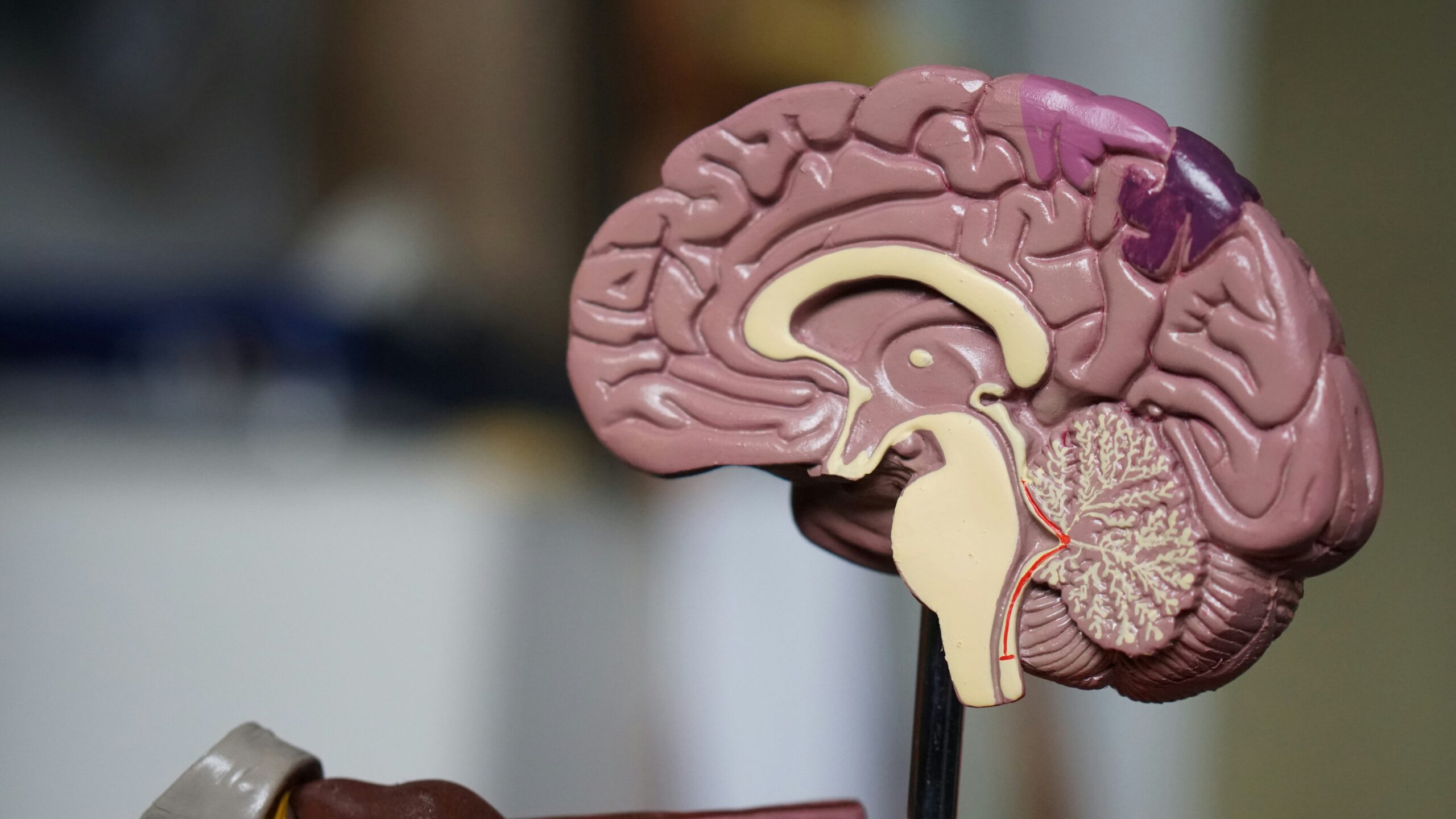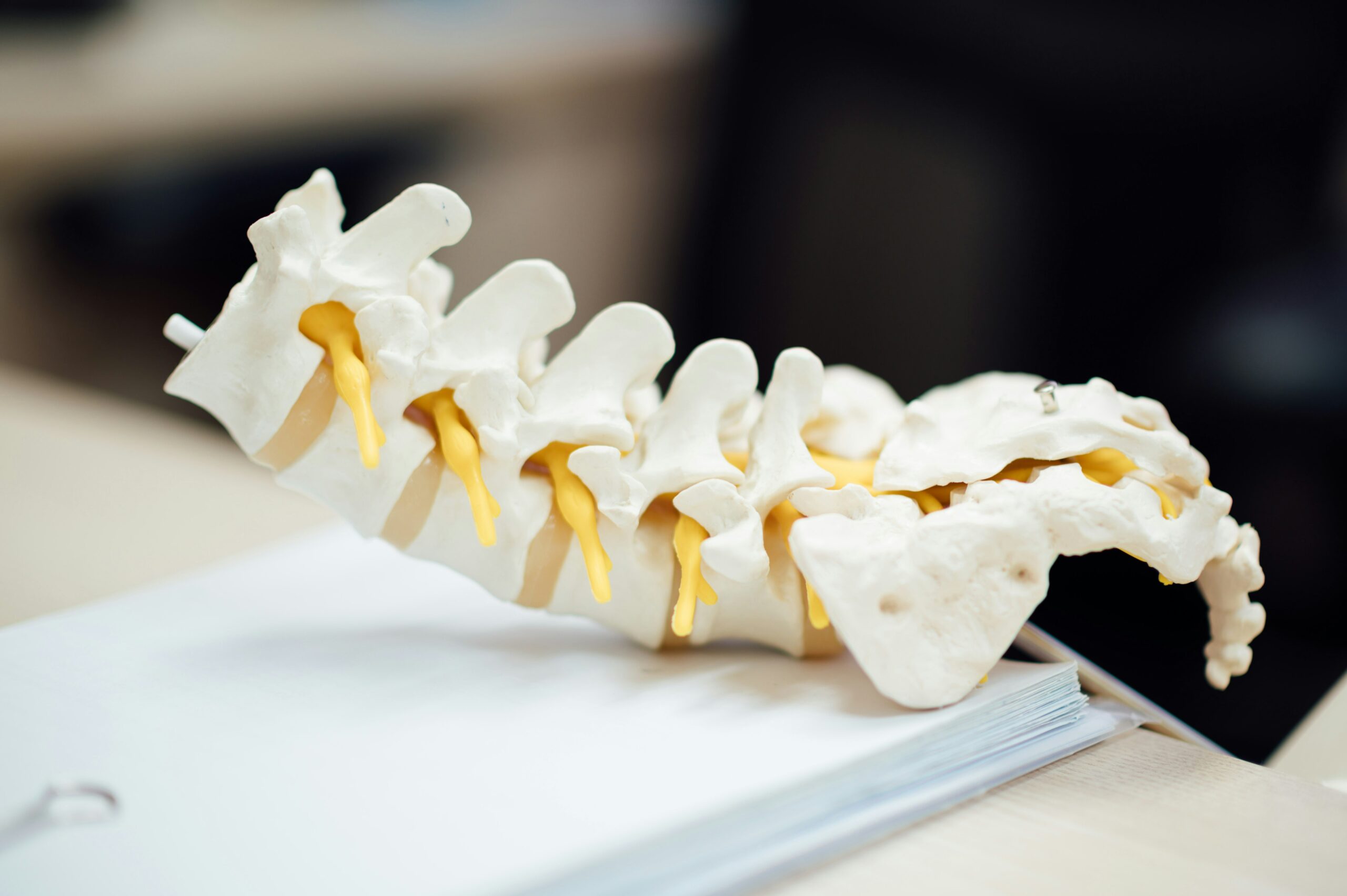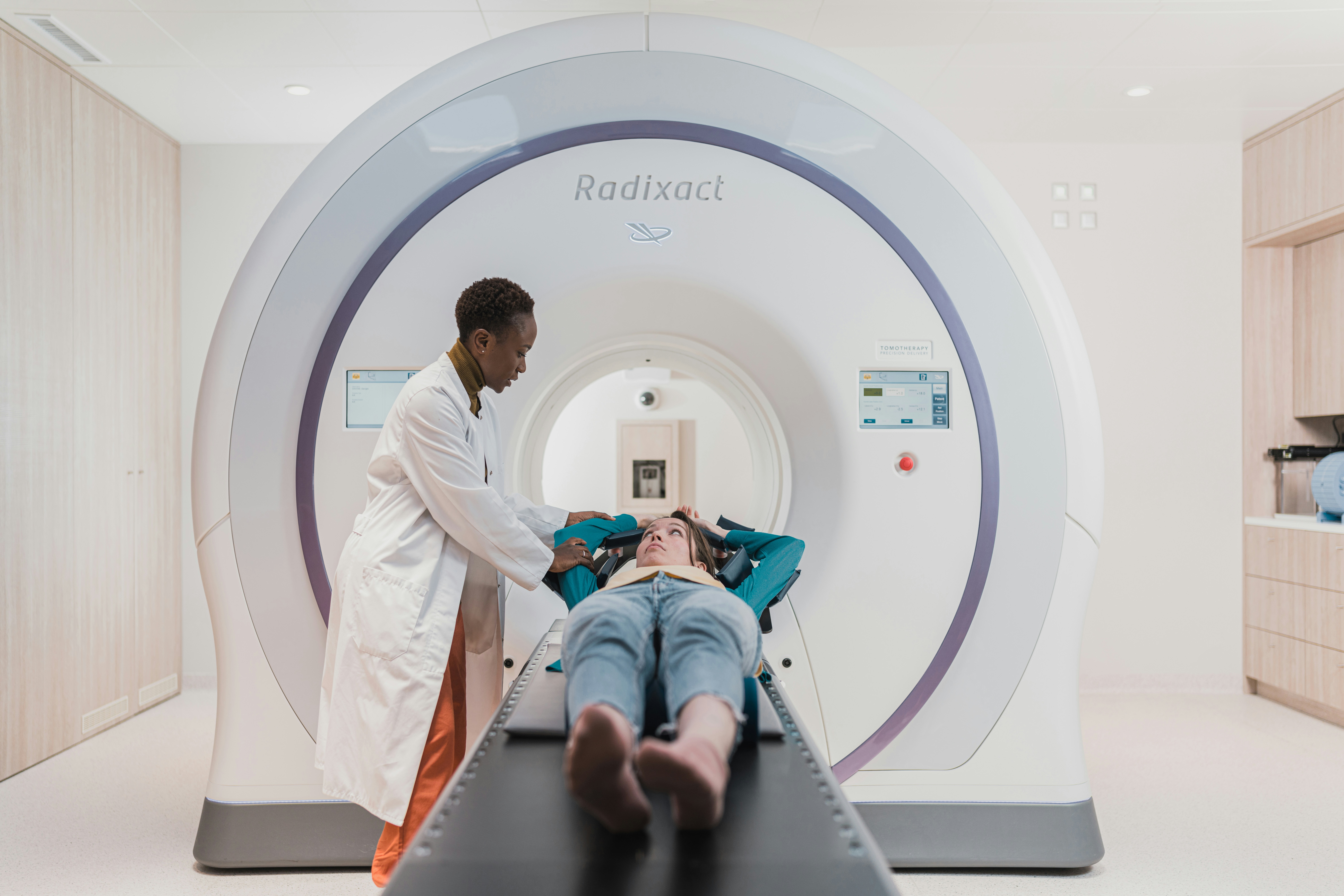Specifically, a neurosurgeon is a specialist. They are more than basic specialists; they oversee a few of the foremost complex angles of the human body, such as the brain, spinal cord, and neurological framework. These specialists have prepared for nervous framework issues, diagnosis, and treatment, which can incorporate anything from minor aggravation of the nerves to possibly lethal brain tumors.
In any case, a neurosurgeon's obligations amplify far away past the working room. They regularly give long-term patient care, treating neurological issues with nonsurgical and surgical strategies. That requires a careful understanding of both the brain framework and neurological ailments' different indications and movements. Even though there's small resistance to mistakes in this requesting calling, there are colossal advantages—saving lives and lightening torment.

Neurosurgery is one of the foremost challenging and requested therapeutic disciplines. This range of ability centers mostly on the surgical treatment of the neurological framework, which includes the brain, spinal cord, fringe nerves, and brain blood vessels. This teaching of medicine centers on the treatment of ailments that can result in extraordinary torment, crippling indications, or passing.
The field of neurosurgery contains an exceptionally wide application. It incorporates medicines for vascular problems like aneurysms as well as methods such as the extraction of brain tumors and the repair of spinal wounds. An assortment of surgical strategies, each custom-made to a certain infection, are aced by neurosurgeons. They accurately plan their surgeries using cutting-edge advances, counting CT and MRI looks. Because the brain framework is so intricate, neurosurgeons, as often as possible, collaborate with other experts to supply patients with the most excellent care conceivable, including neurologists, radiologists, and recovery masters.
Neurosurgery includes more than just treating wounds to the brain or spine. It necessitates an intensive comprehension of the ailments and sicknesses that impact these locales. Each surgery has to be fastidiously arranged and carried out, considering both conceivable points of interest and dangers. Upgrading the patient's quality of life is the extreme point, notwithstanding the treatment plan—whether it includes full recovery, symptomatic alleviation, or postponing the course of the disease.
Neurosurgeons are the go-to masters for many neurological sicknesses, but not every neurological condition requires surgery. A referral to a neurosurgeon is ordinarily given when all other choices have been investigated or when a neurological disorder is complex enough to require surgery.
Unremitting back or neck inconvenience that does not react to ordinary medications? In such cases, a neurosurgeon may be counseled. On the off chance that preservationist medications such as physical treatment, drugs, or infusions have not given alleviation, surgery may be the following choice. Neurosurgeons, as often as possible, treat disorders, including cracked circles and spinal stenosis, which can cause constant torment and enduring.
At that point, some circumstances require quick care, such as genuine harm to the brain or spine. To avoid more regrettable results or long-term harm, these patients should be seen by a neurosurgeon before long as conceivable. Additionally, patients ought to talk with a neurosurgeon about their choices for treatment, which may include surgery if they have been diagnosed with a brain tumor, aneurysm, or another genuine vascular malady of the brain or spine.
In any case, it is imperative to note that seeing a neurosurgeon does not ensure that it will require surgery. Surgery isn't continuously fundamental to resolving issues. A neurosurgeon's errands incorporate surgery and the determination and treatment of neurological infections. They may encourage you to screen your ailment, alter your way of life, or take pharmaceuticals before considering surgery. In any case, when surgery is required, their gifts are basic to accomplishing the finest results.

The below diagnostic strategies are commonly utilized by neurosurgeons:
One of the foremost imperative behaviors within the field of neurosurgery is MRI. This non-invasive imaging technique uses radio waves and effective magnets to produce exact pictures of the brain, spinal cord, and encompassing structures. Recurrent imaging with MRI may be a more secure choice since it doesn't discharge radiation like CT or X-rays. Since MRI gives a degree of information that has never been conceivable before, neurosurgeons can see the life structures of the brain and spine in astounding detail. That's imperative since it makes it conceivable to find peculiarities like tumors and burst circles more absolutely after surgery. Besides, useful magnetic resonance imaging (fMRI) may be an exceptionally valuable apparatus for mapping brain action when it is performed near imperative brain districts related to discourse, development, or memory.
CT checks are, as often as possible, the introductory imaging tests utilized in crisis circumstances, especially after a genuine mischance. This imaging approach employments X-rays and computer preparation to form cross-sectional pictures of the body, making it speedy and proficient for identifying clutters such as brain hemorrhages, cranium breaks, and spinal wounds. CT checks are perfect for circumstances requiring speedy results. When arranging strategies, including bone structures, or when an MRI isn't possible, neurosurgeons discover CT filters to be very valuable.
An EEG measures the electrical action of the brain by putting cathodes on the scalp. This test is amazingly valuable within the conclusion of epilepsy and other seizure disarranges. An EEG ordinarily records the patient's brain action over a few hours to distinguish any unusual electrical designs that might propose a seizure. This data is noteworthy since neurosurgeons must get the area and etiology of seizures to evaluate surgical choices for treating epilepsy. Other neurological issues that can be analyzed utilizing EEGs incorporate encephalopathy, sleep disorders, and brain tumors.
Angiography![]() is a comprehensive examination of the blood vessels within the brain and spinal cord that utilizes intravenous differentiate color and X-ray innovation. The conclusion of vascular conditions such as strokes, aneurysms, and arteriovenous malformations (AVMs) depends on this test. When arranging surgical medicines, neurosurgeons can assess the size, location, and structure of artery irregularities thanks to the precise pictures created by angiograms. Angiography could be a pivotal step in deciding whether to continue with surgery or a less intrusive treatment like endovascular coiling.
is a comprehensive examination of the blood vessels within the brain and spinal cord that utilizes intravenous differentiate color and X-ray innovation. The conclusion of vascular conditions such as strokes, aneurysms, and arteriovenous malformations (AVMs) depends on this test. When arranging surgical medicines, neurosurgeons can assess the size, location, and structure of artery irregularities thanks to the precise pictures created by angiograms. Angiography could be a pivotal step in deciding whether to continue with surgery or a less intrusive treatment like endovascular coiling.
PET checks utilize a small amount of radioactive material to pinpoint districts of tall action, giving knowledge into the metabolic activity of brain cells. That's particularly supportive in oncology since metabolic rates from PET filters can be utilized to distinguish between generous and threatening tumors. PET filters are utilized in neurosurgery to coordinate biopsies, assess the adequacy of medicines, and track brain action in disarranges counting epilepsy and Alzheimer's. Since they can see the working of several brain districts in genuine time, neurosurgeons have got to basic data for arranging intercessions.
A lumbar puncture may be a method that incorporates putting a needle into the lower spinal canal to gather cerebrospinal liquid. This method is utilized to identify contaminations, hemorrhages, and other brain and spinal cord disorders. It may also identify weight inside the spinal canal, which helps diagnose illnesses such as hydrocephalus. For neurosurgeons, the lumbar cut and imaging ponders give a total picture of the patient's neurological well-being, supporting determination and treatment arrangements.

Common well-being issues overseen by neurosurgeons incorporate the following:
Brain tumors are one of the foremost unsafe sicknesses that neurosurgeons treat. These tumors can be generous or threatening, or they might begin within the brain and spread all through the body. Surgery is, as often as possible, the primary line of treatment for brain tumors since it permits the expulsion of as numerous tumors as conceivable while saving solid brain tissue. Neurosurgeons utilize advanced apparatuses like intraoperative magnetic imaging![]() and wakeful craniotomy to move forward exactness amid these fragile strategies. Chemotherapy or radiation treatment can be utilized to target any remaining cancer cells when surgery alone is insufficient. The area, measure, and kind of brain tumor are among the characteristics that affect how well surgery goes.
and wakeful craniotomy to move forward exactness amid these fragile strategies. Chemotherapy or radiation treatment can be utilized to target any remaining cancer cells when surgery alone is insufficient. The area, measure, and kind of brain tumor are among the characteristics that affect how well surgery goes.
Awful spinal cord wounds can be caused by maladies like degenerative disarranges or spinal tumors, but they can, too, emerge from injuries like auto mischances or falls. There's a chance that these wounds will result in anything from minor torment to add up to loss of motion. Neurosurgeons are significant to the prompt care of serious wounds since they can ease weight on the spinal cord, stabilize the spine, and anticipate extra harm. After surgery, restoration is essential to helping patients adjust to any long-term changes and recapture as much work as conceivable.
One of the most common characteristics of epilepsy, which is regularly overseen by pharmaceuticals, is repetitive seizures. But medicine isn't sufficient for a few, and surgery is the down-to-earth arrangement. Neurosurgeons are talented in performing medicines, counting lobectomy, which incorporates extracting the zone of the brain capable of seizures, and vagus nerve incitement, which involves embedding a contraption that transmits electrical signals to the brain to reduce seizures. Surgical surgery for epilepsy, more often than not, includes cautious arranging, which incorporates utilizing modern imaging and EEG monitoring to discover the seizure focal to play down precisely
to minimize the hazard of complications.
Vascular malformations![]() and aneurysms are distorted blood supply routes that can burst and cause lethal brain hemorrhages. Neurosurgeons treat aneurysms in various ways based on their estimate, area, and break hazard. Aneurysm clipping may be a frequent surgical treatment involving inserting a little clip into the base of the aneurysm to anticipate the bloodstream. Endovascular coiling may be a negligibly obtrusive strategy, including presenting coils into the aneurysm to advance coagulation and avoid bursts. To reduce the chance of bleeding, vascular peculiarities may be treated with radiation treatment, embolization, or surgical extraction.
and aneurysms are distorted blood supply routes that can burst and cause lethal brain hemorrhages. Neurosurgeons treat aneurysms in various ways based on their estimate, area, and break hazard. Aneurysm clipping may be a frequent surgical treatment involving inserting a little clip into the base of the aneurysm to anticipate the bloodstream. Endovascular coiling may be a negligibly obtrusive strategy, including presenting coils into the aneurysm to advance coagulation and avoid bursts. To reduce the chance of bleeding, vascular peculiarities may be treated with radiation treatment, embolization, or surgical extraction.
Neurosurgeons, moreover, treat scoliosis, spinal stenosis, and circle ruptures. It is troublesome to perform day-by-day obligations as a result of these issues, which habitually cause serious torment, deadness, and loss of motion. If less meddling treatment choices do not work, surgery can be vital. Spinal combination, laminectomy, and discectomy are common surgeries utilized to soothe torment, stabilize the spine, and decrease weight on the spinal nerves. Littler entry points, less inconvenience, and quicker recuperation times come from later headways in negligibly invasive spine surgery, all of which incredibly progress understanding results.
Hydrocephalus, or an unusual collection of cerebrospinal fluid (CSF) inside the brain's ventricles, puts extra strain on the brain. Even though this sickness can strike at any age, it is more common among older people and babies. To treat hydrocephalus, neurosurgeons, by and large, embed a shunt system, which may be an adaptable tube that transports an overabundance of CSF from the brain to a diverse parcel of the body where it can be absorbed. Endoscopic third ventriculostomy (ETV) is a surgery that makes a little gap within the floor of the third ventricle, permitting CSF to exit the brain. Both medicines point to soothe cerebral weight while ensuring brain tissue.